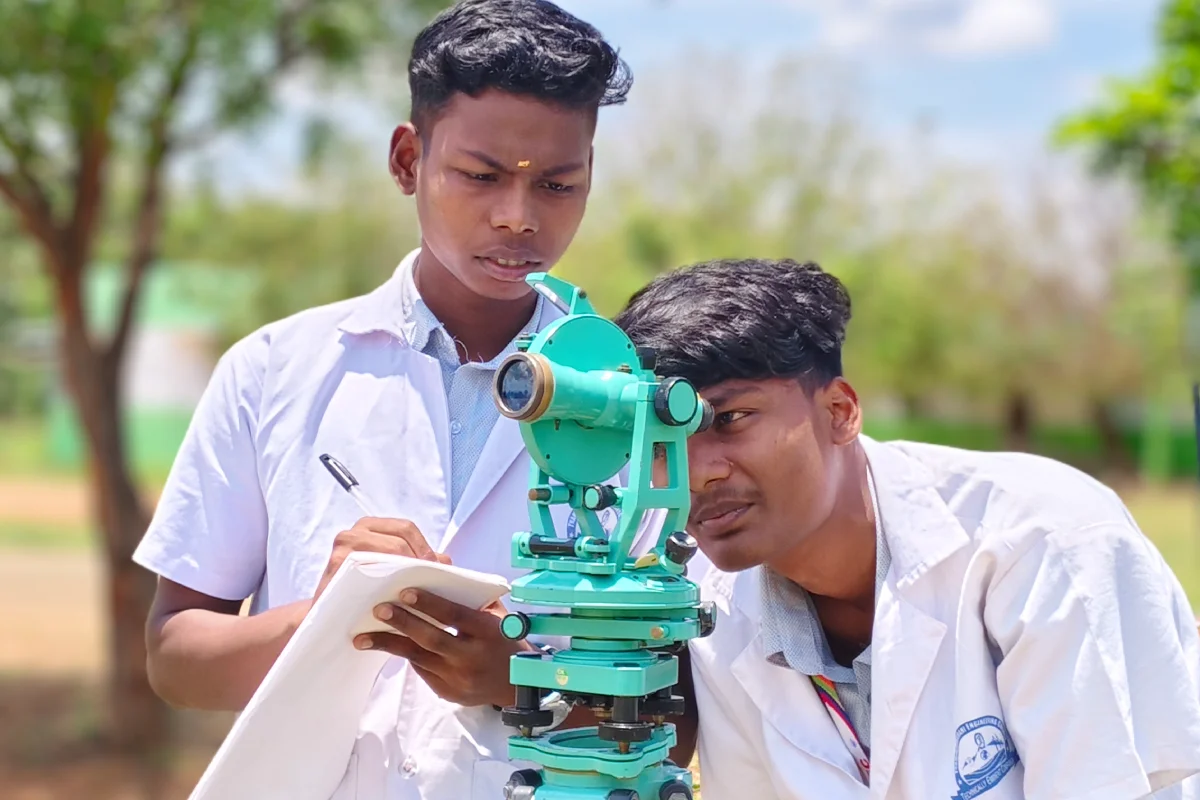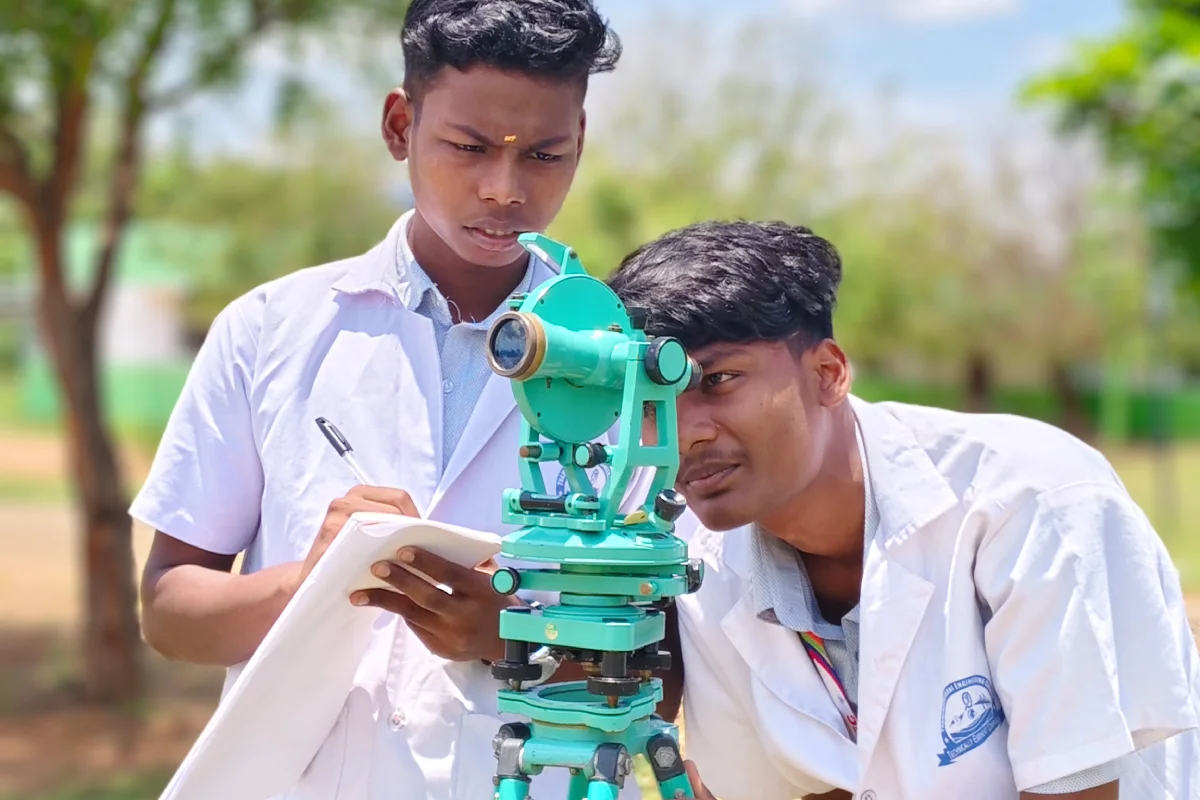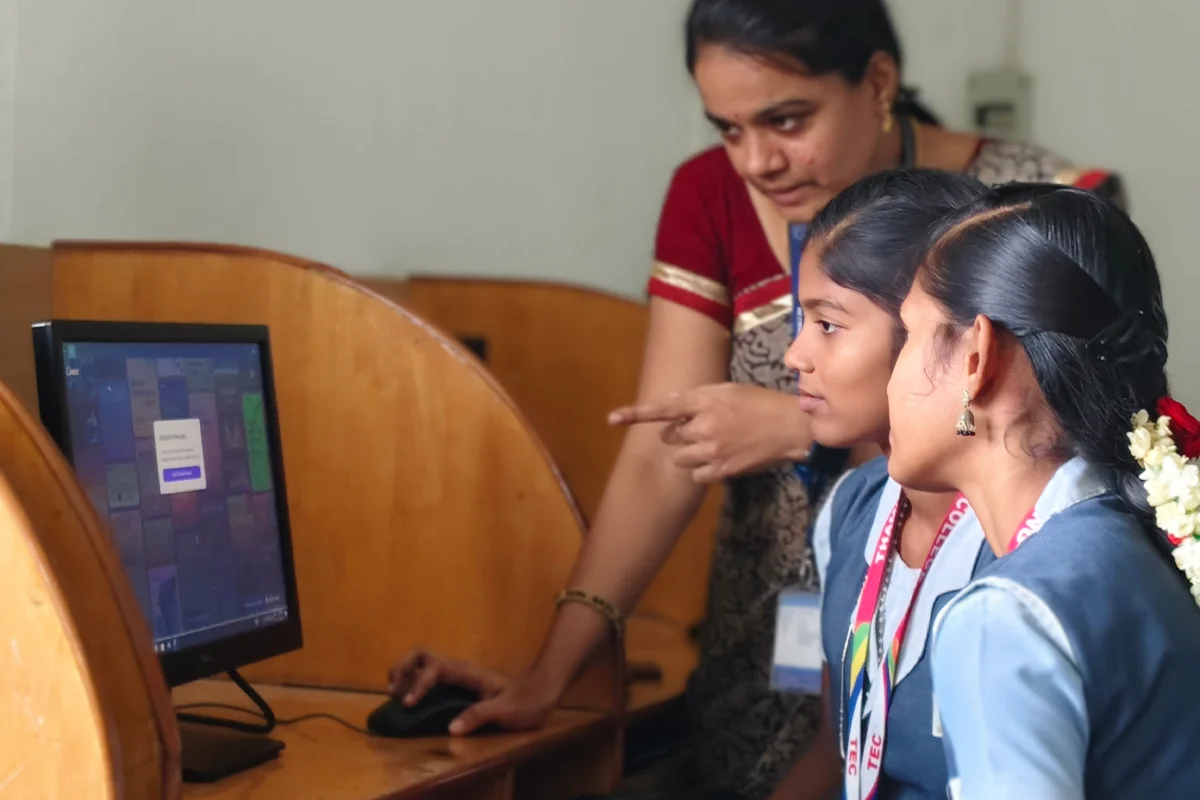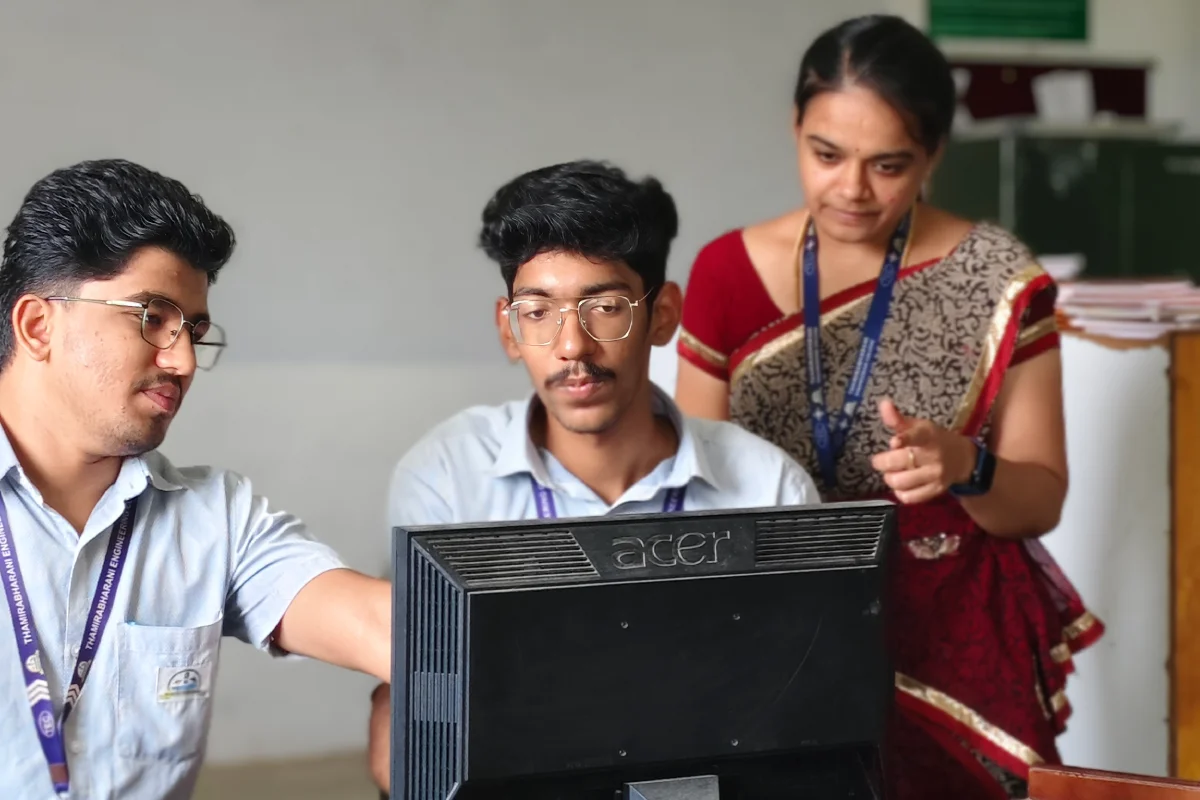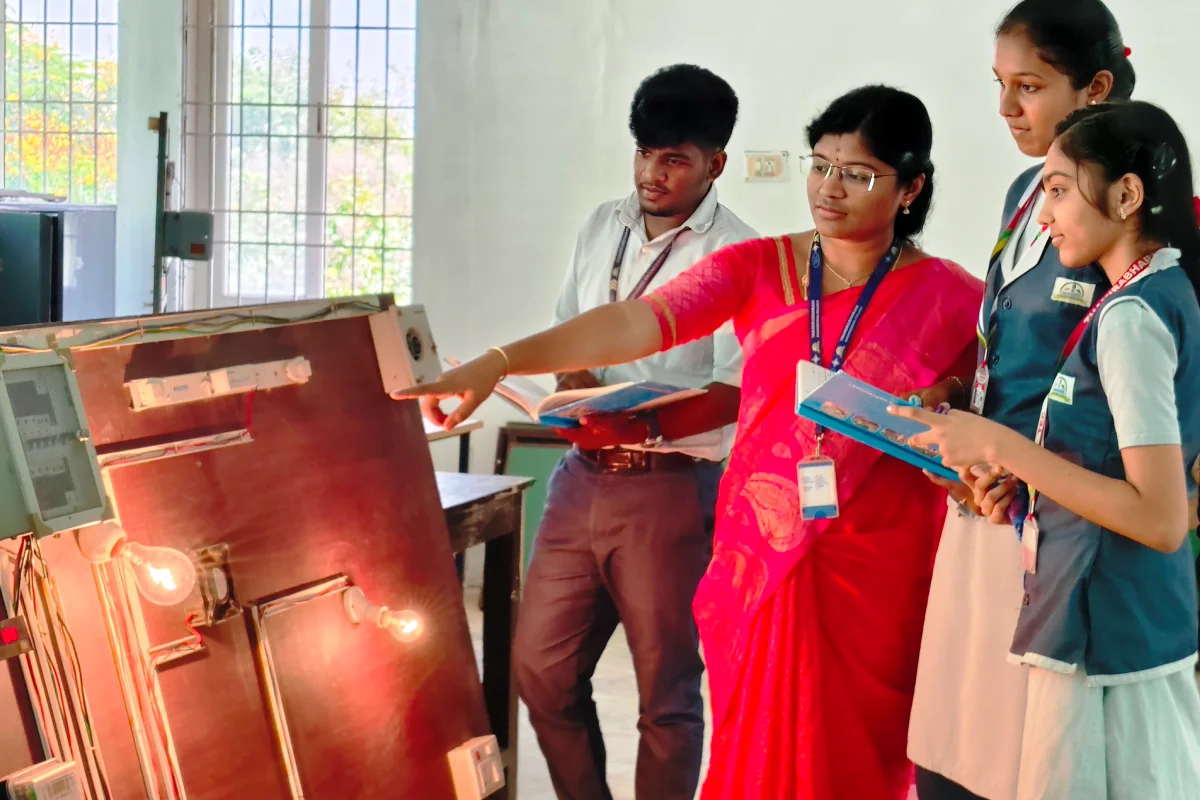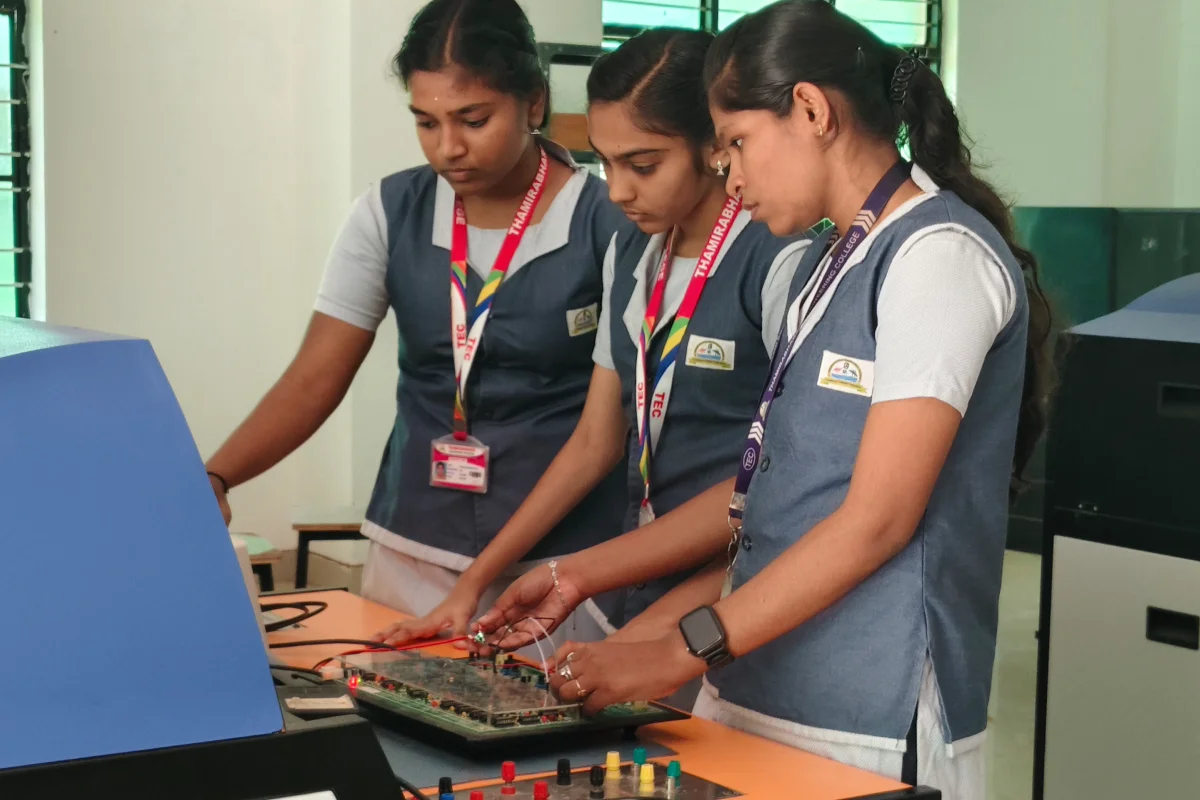About Department
The Civil Engineering department was established in the academic year 2011-12. Our missions are to provide the most high quality graduate education in the area of Civil Engineering in our country so as to turn students possessing high potential into graduates with maximum added value, to develop and transfer innovative applications of engineering, science and technology to improve civil engineering practice, to be recognized by our peers as a highly effective leader in the conduct interdisciplinary research and the development of innovative approaches to solving civil engineering problems. The current educational objectives of the Civil Engineering program are that our graduates will achieve a high level of technical expertise so that they are able to succeed in positions in civil engineering practice or research, and in other fields they choose to pursue.
Vision
To achieve excellence in Technical Education, Research and Entrepreneurial attitudes in the stream of Civil Engineering.
Mission
Providing a comprehensive outcome based engineering education and a state of art infrastructure to empower students for the development of their critical thinking, effective communication and creativity.
Creating an environment conducive for the students to develop industry readiness in the field of Civil Engineering by exposing current innovations and learning through collaborations with Academia, Industry and Research Organizations.
Facilitating avenues to create the entrepreneurship desires among Civil Engineering students by developing individual skills, professional ethics, moral values and societal concern.
Core Values:
Excellence, Integrity, Societal Concern, Innovation, Collegiality, Respect for all.
PROGRAM OUTCOMES (POs)
| PO 1 | Engineering knowledge | Apply the knowledge of mathematics, science, engineering fundamentals, and an engineering specialization to the solution of complex engineering problems. |
| PO 2 | Problem analysis | Identify, formulate, review research literature, and analyze complex engineering problems reaching substantiated conclusions using first principles of Mathematics, natural sciences, and engineering sciences. |
| PO 3 | Design/development of solutions | Design solutions for complex engineering problems and design system components or processes that meet the specified needs with appropriate consideration for the public health and safety, and the cultural, societal, and environmental considerations. |
| PO 4 | Conduct investigations of complex problems | Use research-based knowledge and research methods including design of experiments, analysis and interpretation of data, and synthesis of the information to provide valid conclusions. |
| PO 5 | Modern tool usage | Create, select, and apply appropriate techniques, resources, and modern engineering and IT tools including prediction and modeling to complex engineering activities with an understanding of the limitations. |
| PO 6 | The Engineer and Society | Apply reasoning informed by the contextual knowledge to assess societal, health, safety, legal and cultural issues and the consequent responsibilities relevant to the professional engineering practice. |
| PO 7 | Environment and sustainability | Understand the impact of the professional engineering solutions in societal and environmental contexts, and demonstrate the knowledge of, and need for sustainable development. |
| PO 8 | Ethics | Apply ethical principles and commit to professional ethics and responsibilities and norms of the engineering practice. |
| PO 9 | Individual and team work | Function effectively as an individual, and as a member or leader in diverse teams, and in multidisciplinary settings. |
| PO 10 | Communication | Communicate effectively on complex engineering activities with the engineering community and with society at large, such as, being able to comprehend and write effective reports and design documentation, make effective presentations, and give and receive clear instructions. |
| PO 11 | Project management and finance | Demonstrate knowledge and understanding of the engineering and management principles and apply these to one’s own work, as a member and leader in a team, to manage projects and in multidisciplinary environments. |
| PO 12 | Life-long learning | Recognize the need for, and have the preparation and ability to engage in independent and life-long learning in the broadest context of technological change. |
Program educational objectives (PEO)
After few years of graduation our Civil Engineering graduates are expected to
| PEO 1 | Gain knowledge and skills in Civil engineering which will enable them to have a career and professional accomplishment in the public or private sector organizations |
| PEO 2 | Become consultants on complex real life Civil Engineering problems related to Infrastructure development especially housing, construction, water supply, sewerage, transport, spatial planning. |
| PEO 3 | Become entrepreneurs and develop processes and technologies to meet desired infrastructure needs of society and formulate solutions that are technically sound, Economically feasible, and socially acceptable. |
| PEO 4 | Perform investigation for solving Civil Engineering problems by conducting research using modern equipment and software tools. |
| PEO 5 | Function in multi-disciplinary teams and advocate policies, systems, processes and equipment to support civil engineering |
Department Highlights
State-of-the-art labs, student achievements, and industry collaborations.
Placement
Consistent placement record with top recruiters and support for higher studies.
Events
Workshops, hackathons, guest lectures, and national conferences are held regularly.
Facult Achievements
Specialized skills in artificial intelligence, data science, and software engineering.
Student Achievements
State-of-the-art labs, student achievements, and industry collaborations.
Newsletter
Consistent placement record with top recruiters and support for higher studies.
Fees and Structure
- Number of seats : 30
- Duration : 4 Years
- Fees : ₹ 45,000

